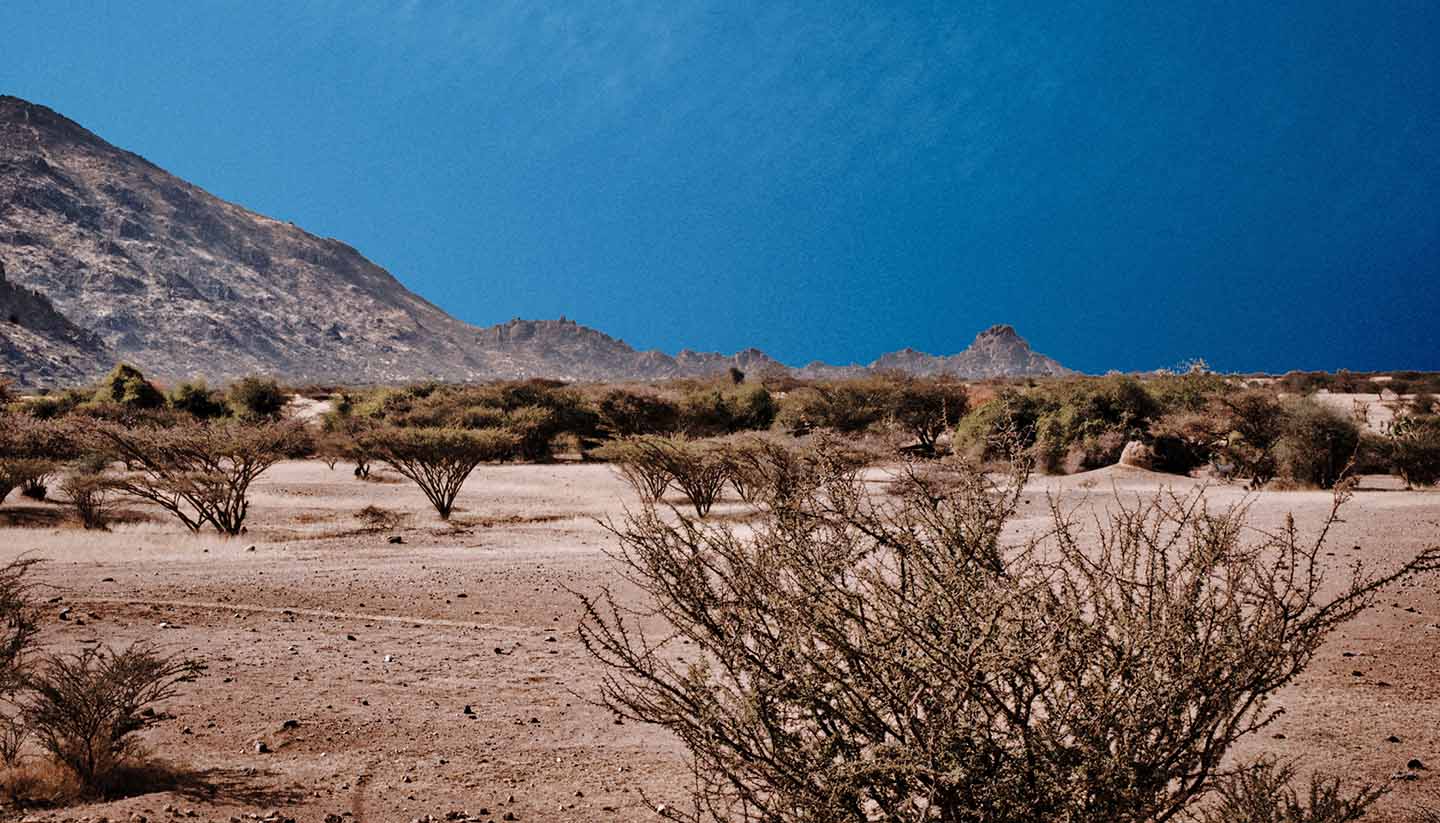Getting Around Eritrea
Air
Eritrea is a small country and there are no passenger services between major settlements.
Road
All foreign tourists have to obtain a permit from the Ministry of Tourism in Eritrea to travel outside Asmara. These are usually issued within 24 hours.
Side of the road
RightRoad Quality
The main roads are generally in very good condition. All major are sealed and well maintained, making road travel in standard-drive vehicles between cities relatively comfortable and swift. Minor roads are often unsealed and can be less comfortable, but they are generally well maintained. 4-wheel drive vehicles are recommended on all non-main roads and tracks.
Travelling on minor roads or off-road in the rainy season is inadvisable as heavy downpours can cause flooding, making tracks impassable and extremely dangerous.
Car Hire
You can book cars through the all major travel agents and local hire companies.
Taxi
Taxis are unmetered and can be found in the major towns and cities and at Asmara airport. The airport route is relatively expensive compared with single journeys in the city. Taxis usually carry multiple passengers, but for a higher fee travellers can hire a taxi for themselves. Fares are higher at night (usually double) and should be negotiated in advance.
Bike
Although Eritreans love bicycle racing, there are no hire bikes in Eritrea. Towns and cities, including the centre of Asmara, are small enough to walk around comfortably.
Regulations
Seatbelts are required when driving or seated in the front of a car, but not on buses.
Breakdown services
There are no breakdown services in Eritrea, so make sure you have sufficient spare parts and supplies if travelling off the main roads or away from major towns and cities.
Documentation
International driving licences are valid in Eritrea; you should also carry your national licence.
Road note
You must have the necessary travel permits before boarding any bus travelling beyond 25km (16 miles) outside Asmara.
It is not advisable to drive at night, especially on mountain roads with their precipitous edges. In some of the remote areas driving at night may actually be prohibited. If this is the case then you will be prevented from leaving the town you are in close to nightfall. If in doubt, check with the local administration.
Third-party insurance is mandatory. Petrol is extremely expensive but easily obtainable everywhere, except Dankalia and Sahel. Diesel is rationed and only allowed to be used by government vehicles.
Urban travel
Although taxis and some minibus services do operate in the larger cities (eg Asmara, Massawa and Keren), the most common and pleasurable method of getting around towns and cities in Eritrea is on foot. Asmara is the only city large enough to require taxi or buses for urban transit beyond the centre.
Rail
A steam railway built which fell into disrepair during the ‘Struggle’ for independence has been lovingly restored by former employees and now operates only as a tourist route. The 2,300m (7,500ft) climb from the coast to Asmara was built by the Italians in 1911 and later extended it to the city of Keren in the north of the country. It takes about 10 hours.
The railway currently offers trips for organised tours from anywhere between Asmara and Massawa. The route, from the highland plateau to the Red Sea coast, surely ranks as one of the world’s most unforgettable railway journeys, but to do it, you must pay several hundred dollars, so group bookings are the norm.
Water
It is possible to hire boats in Massawa for travelling to or sailing around the Dahlak Islands, but services are scarce and should be arranged in advance through a local travel agent, such as Travel House International, who can provide a complete list of boat operators, including speedboats and dhows on which to visit the islands.
Water note
Permits are required to travel from the mainland and can be obtained from the Ministry of Tourism in Asmara.


